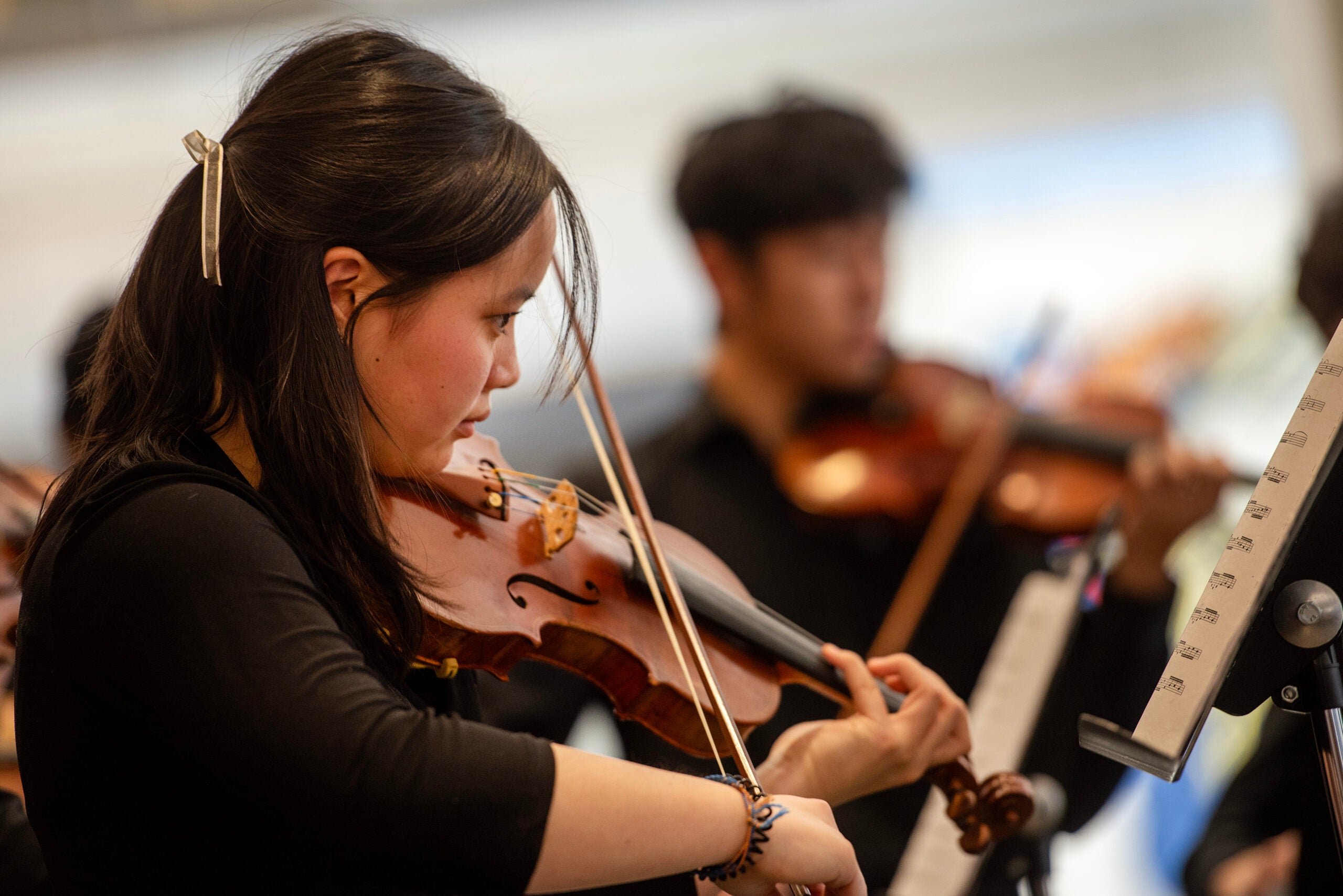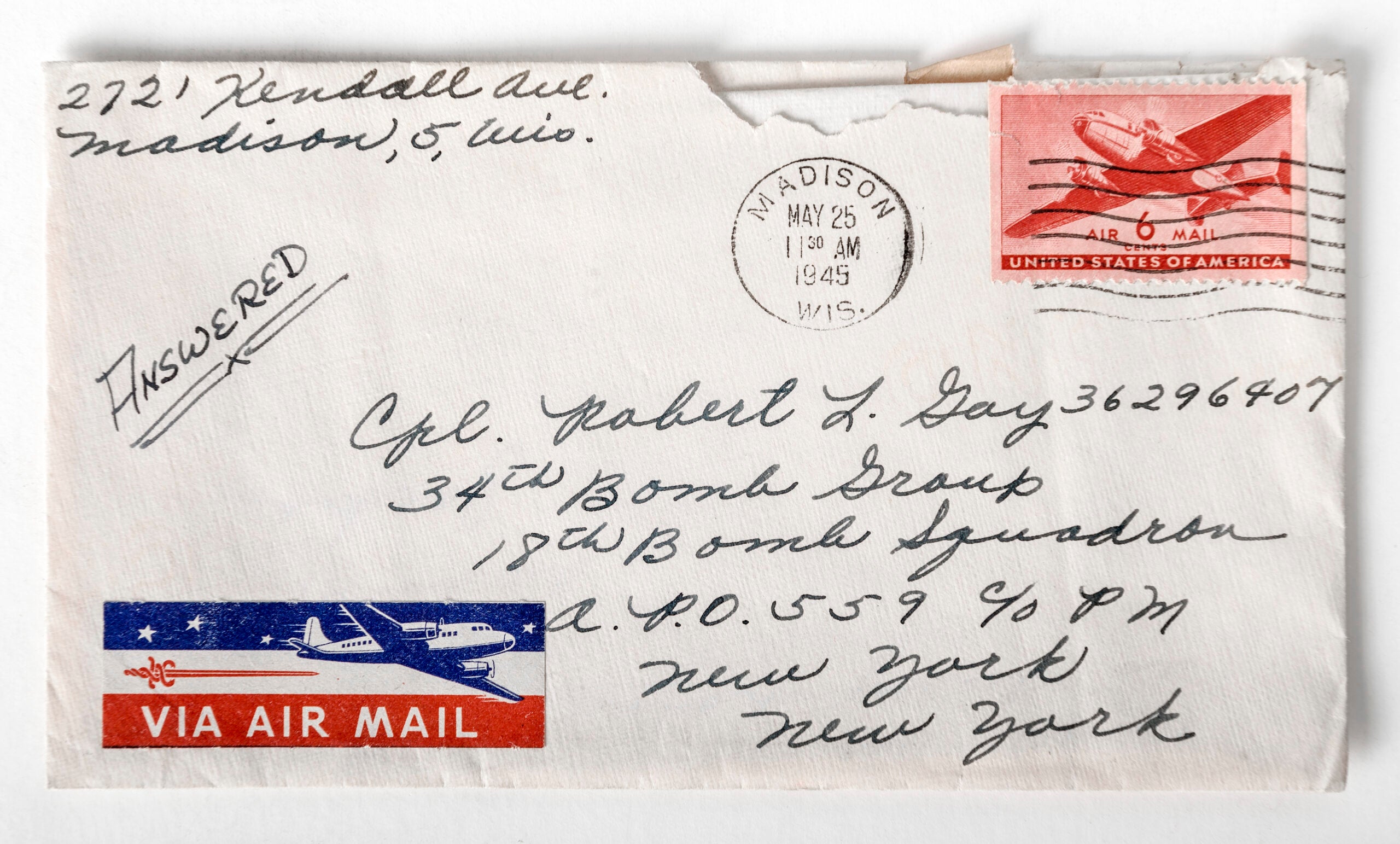It began the way many love stories have begun ever since young men began giving music lessons to young women. In 1910, a wealthy St. Petersburg family, the Meshcherkys, welcomed nineteen-year-old Sergei Prokofiev into their musical gatherings as an alternative to the straight-laced young men in uniform who were prospective suitors to their elder daughter Talya.
Before long, Prokofiev became attracted, not to Talya, but to her fourteen-year-old sister Nina.
In the spring of 1914 Prokofiev was giving piano lessons to Nina, and a romance developed. Prokofiev likened their relationship to the long-forbidden love between composer Robert Schumann and his piano student Clara Wieck–a relationship that eighty years earlier had weathered the disapproval of Clara’s father and resulted in marriage.
Stay informed on the latest news
Sign up for WPR’s email newsletter.
In a letter to a harpist friend, Prokofiev referred to being involved in “a bitter war” in which he was fighting like a madman. No doubt taking his cue from the real war that had erupted that spring, he referred to his heart as “a miserable little town” in his territory, a town that was being occupied by an outside force.
Prokofiev asked Nina to marry him. Assuming an authoritarian air, he insisted that she declare their relationship to her parents and leave for Italy with him that very day, or the next at latest.
The revelation of the relationship caught Nina’s father by surprise. He was adamant that Nina’s marrying an “artist” was out of the question, and a head-on argument with the unyielding Prokofiev convinced the stubborn young musician that the only alternative for Nina and him was to elope.
Nina was caught trying to sneak out of the house, and after an angry confrontation, her parents moved her to a city in the far south of the Russian empire.
Prokofiev traveled alone to Italy, where he began to develop a reputation that made him known throughout Europe. Although they spoke on the telephone, he and Nina never saw each other again.
Wisconsin Public Radio, © Copyright 2025, Board of Regents of the University of Wisconsin System and Wisconsin Educational Communications Board.




